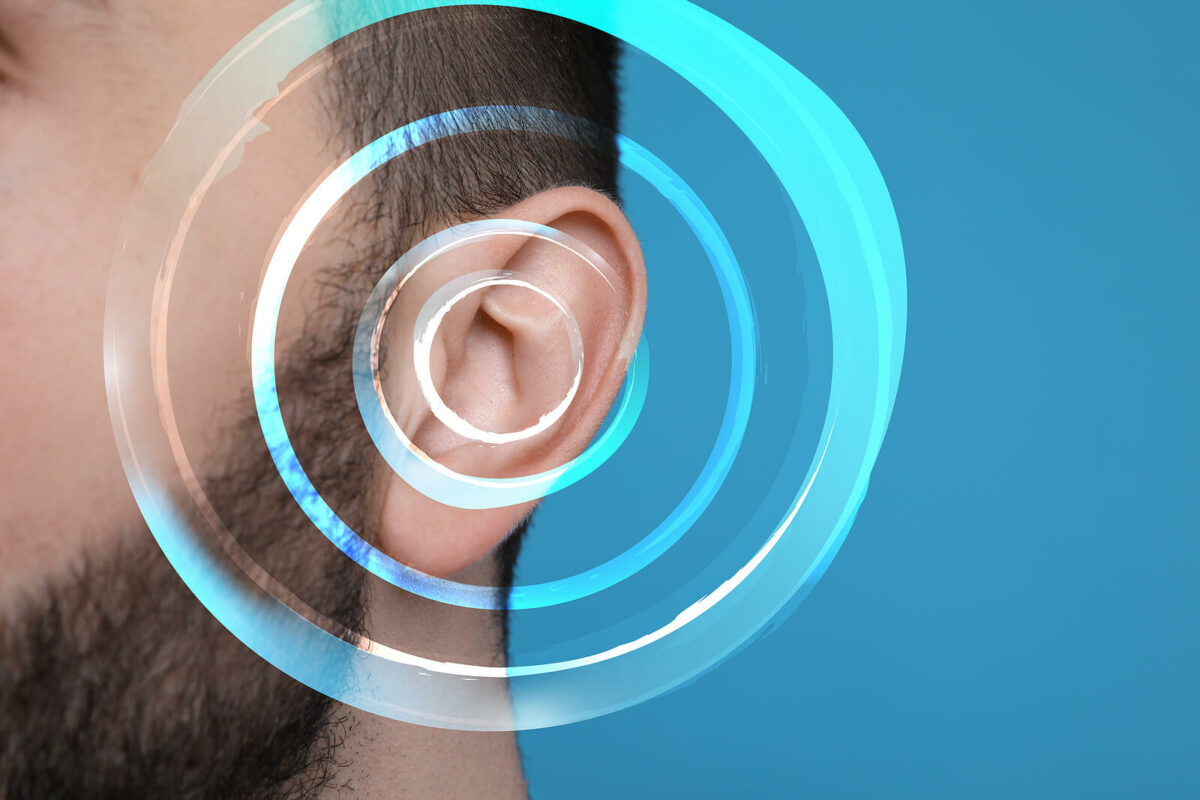
Harnessing the Power of Hearing Aids to Alleviate Tinnitus Symptoms
Tinnitus, often described as a persistent ringing, buzzing, or hissing sound in the ears, can significantly impact the quality of life for those who experience it. While there is no definitive cure for tinnitus, there are various strategies and technologies that can help manage its symptoms effectively. One such technology is hearing aids. In this article, we will explore how hearing aids can be a valuable tool in alleviating tinnitus symptoms and improving overall auditory well-being.
Understanding Tinnitus
Before diving into the role of hearing aids in tinnitus management, it’s essential to have a basic understanding of what tinnitus is and its underlying causes. Tinnitus is not a standalone condition but rather a symptom of an underlying issue, such as age-related hearing loss, exposure to loud noises, or earwax blockage. It can manifest as a persistent noise perceived in one or both ears and often affects concentration, sleep, and overall quality of life.
The Role of Hearing Aids
Hearing aids are advanced devices designed to enhance and optimize an individual’s hearing ability. They consist of a microphone, an amplifier, and a speaker, all housed in a discreet, comfortable device that fits inside or behind the ear. While their primary purpose is to improve hearing for those with hearing loss, hearing aids can also play a pivotal role in managing tinnitus.
Here are some ways in which hearing aids can help individuals suffering from tinnitus:
- Amplification of Ambient Sound: One of the primary strategies for tinnitus management is sound therapy, which involves introducing external sounds to mask or distract from the internal tinnitus noise. Hearing aids excel at this by amplifying environmental sounds, such as conversations, traffic, or birdsong, making it easier for the individual to focus on external sounds rather than the tinnitus.
- Customizable Sound Options: Many modern hearing aids offer customizable sound therapy options tailored to the individual’s needs. These options can include white noise, nature sounds, or ocean waves. Users can adjust these settings to find the most effective sound therapy for their particular tinnitus symptoms.
- Improved Communication: For individuals with both hearing loss and tinnitus, hearing aids provide a dual benefit. They not only amplify external sounds but also enhance speech clarity. Clearer communication with others can reduce stress and frustration, which can exacerbate tinnitus symptoms.
- Enhanced Auditory Stimulation: Hearing aids stimulate the auditory system by delivering a broader range of sounds to the brain. This increased stimulation can help reduce the brain’s focus on the tinnitus sound, ultimately making it less bothersome.
- Tinnitus Masking: Some hearing aids come equipped with built-in tinnitus masking features. These devices generate low-level, soothing sounds that are designed to mask the tinnitus noise. This can provide relief and help individuals better cope with their symptoms.
- Personalized Fitting and Programming: Hearing aids are not one-size-fits-all devices. Audiologists can tailor the fitting and programming of hearing aids to address an individual’s specific tinnitus needs. This personalized approach maximizes the effectiveness of the device in tinnitus management.
Considerations When Using Hearing Aids for Tinnitus
While hearing aids can be a valuable tool in managing tinnitus, there are some essential considerations to keep in mind:
- Consultation with a Professional: It is crucial to seek professional advice from an audiologist or hearing healthcare specialist when considering hearing aids for tinnitus. They can conduct a thorough evaluation, determine the underlying causes of tinnitus, and recommend the most suitable hearing aid options.
- Patience and Adjustment: It may take time to adjust to hearing aids, especially if you have never used them before. Be patient and work closely with your audiologist to fine-tune the settings for optimal tinnitus relief.
- Lifestyle and Habits: Lifestyle changes, such as reducing exposure to loud noises and managing stress, can complement the benefits of hearing aids in tinnitus management. Developing healthy habits can contribute to a more effective overall tinnitus management plan.
Wrap Up
Tinnitus can be a persistent and distressing condition, but it doesn’t have to control your life. Hearing aids offer a multifaceted approach to tinnitus management, providing relief through sound therapy, improved communication, and enhanced auditory stimulation. However, it’s crucial to remember that each individual’s experience with tinnitus is unique, and a personalized approach is essential.
If you or a loved one is struggling with tinnitus, consult with a qualified audiologist to explore the potential benefits of hearing aids. By harnessing the power of these advanced devices, you can regain control over your auditory well-being and experience a better quality of life.
If you have any questions or you would like to schedule your next checkup, please contact us.
